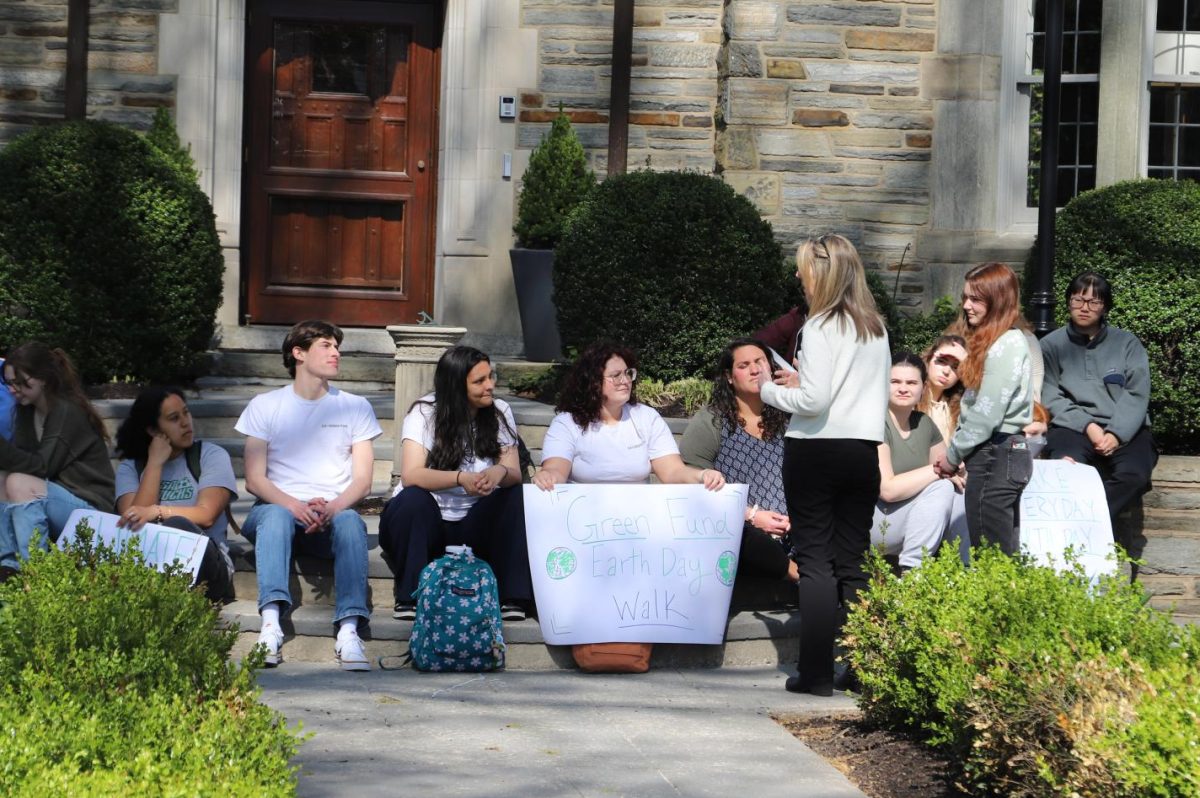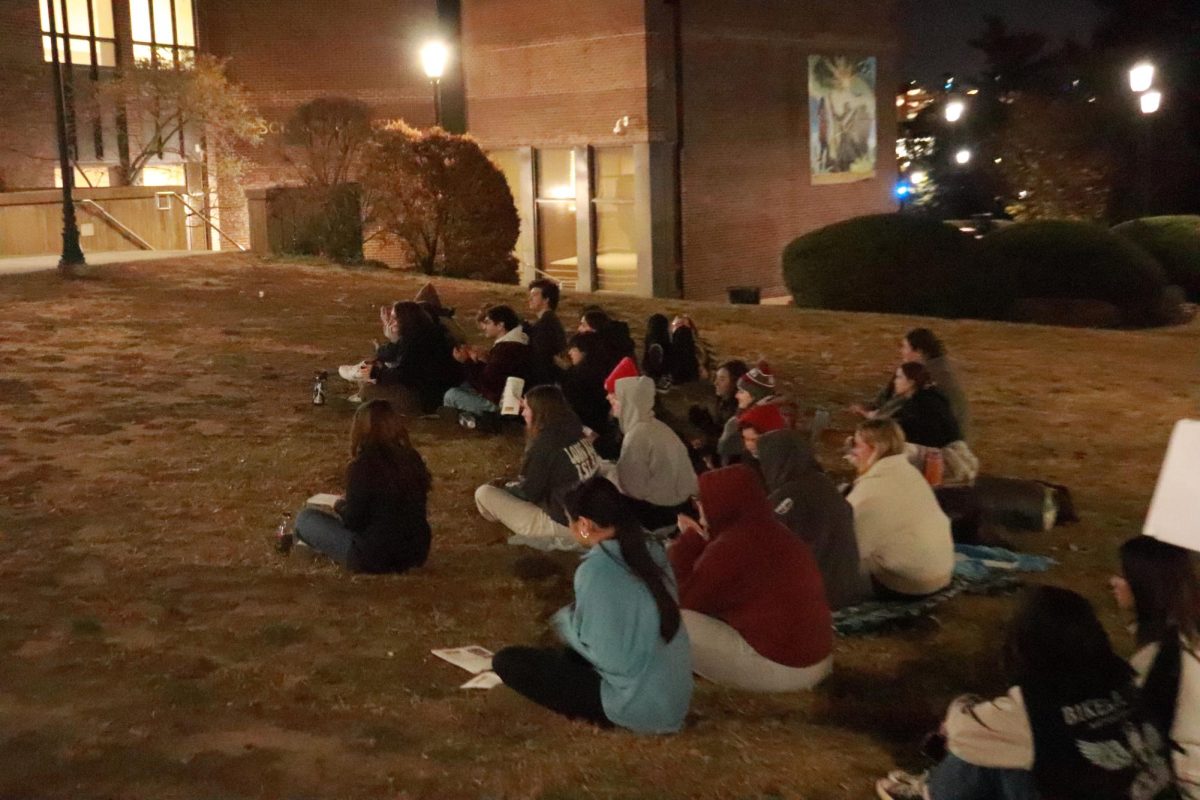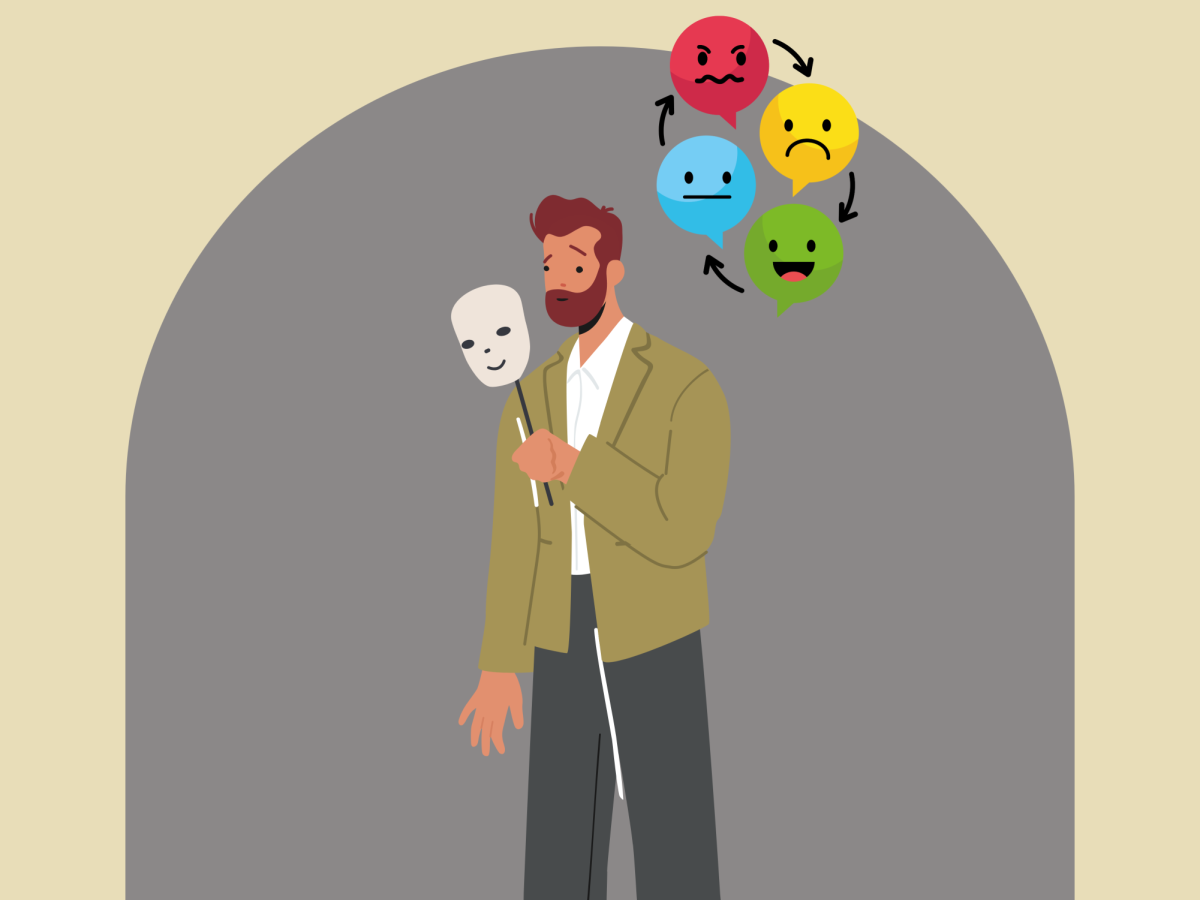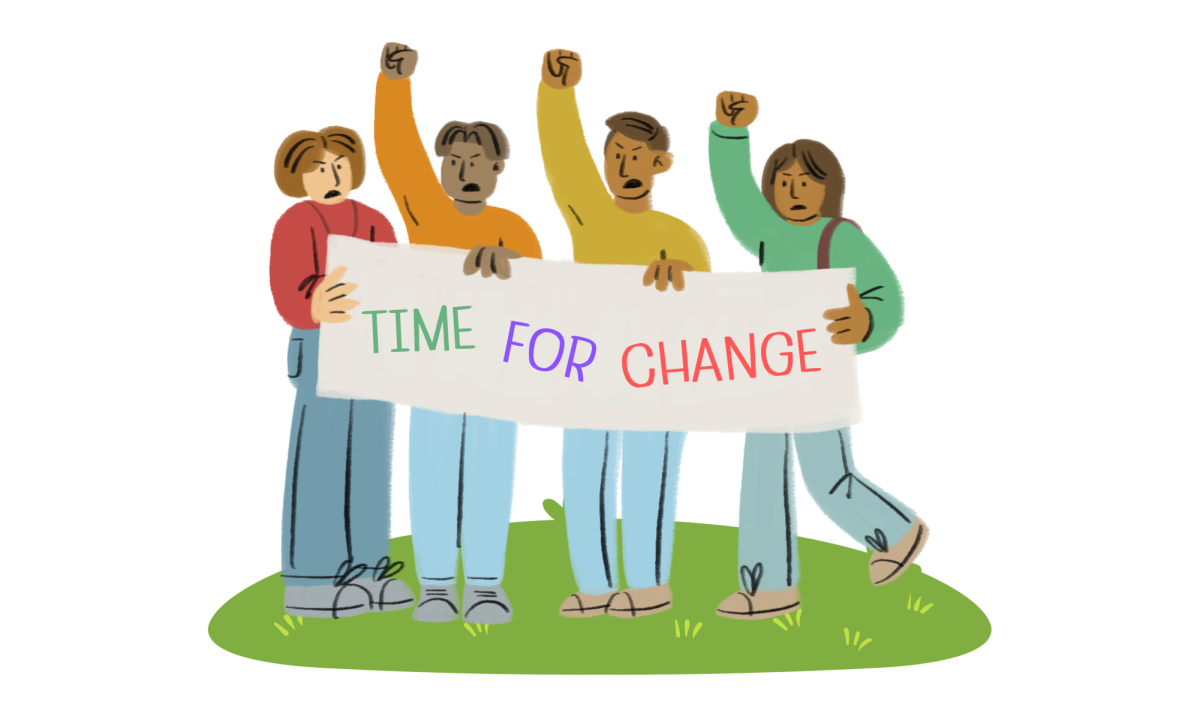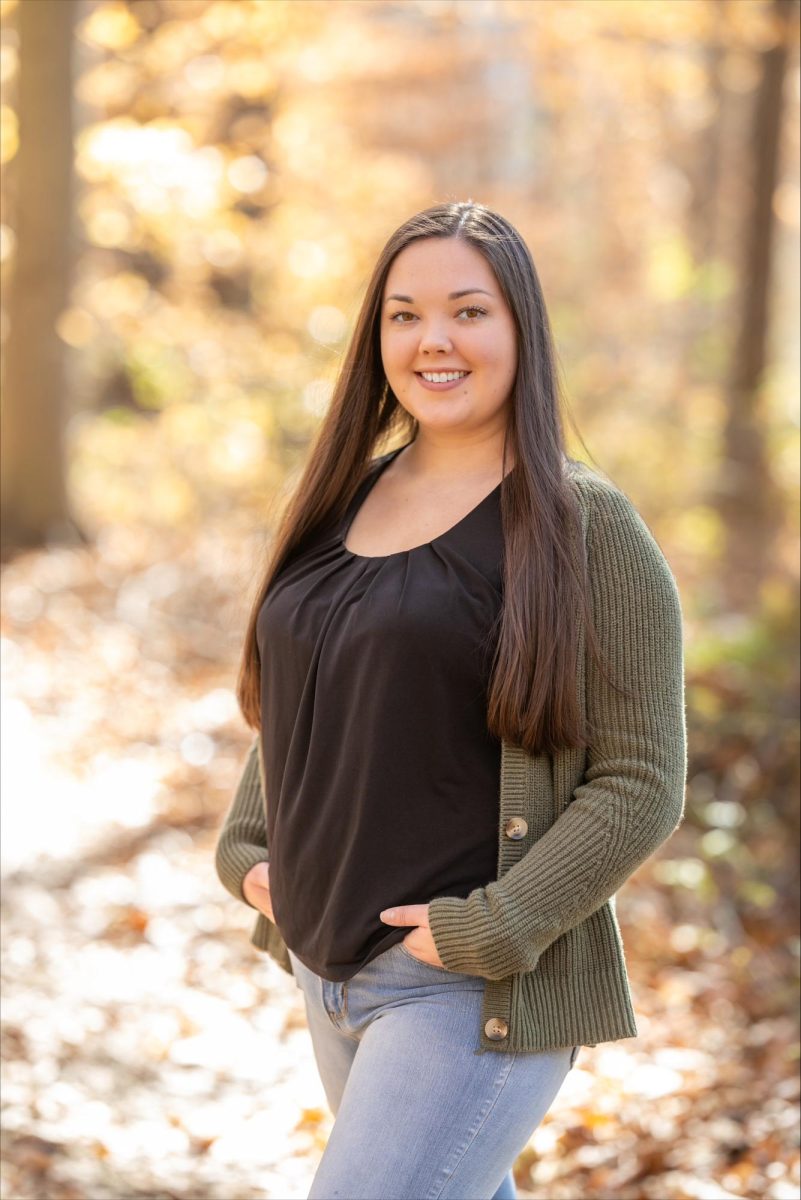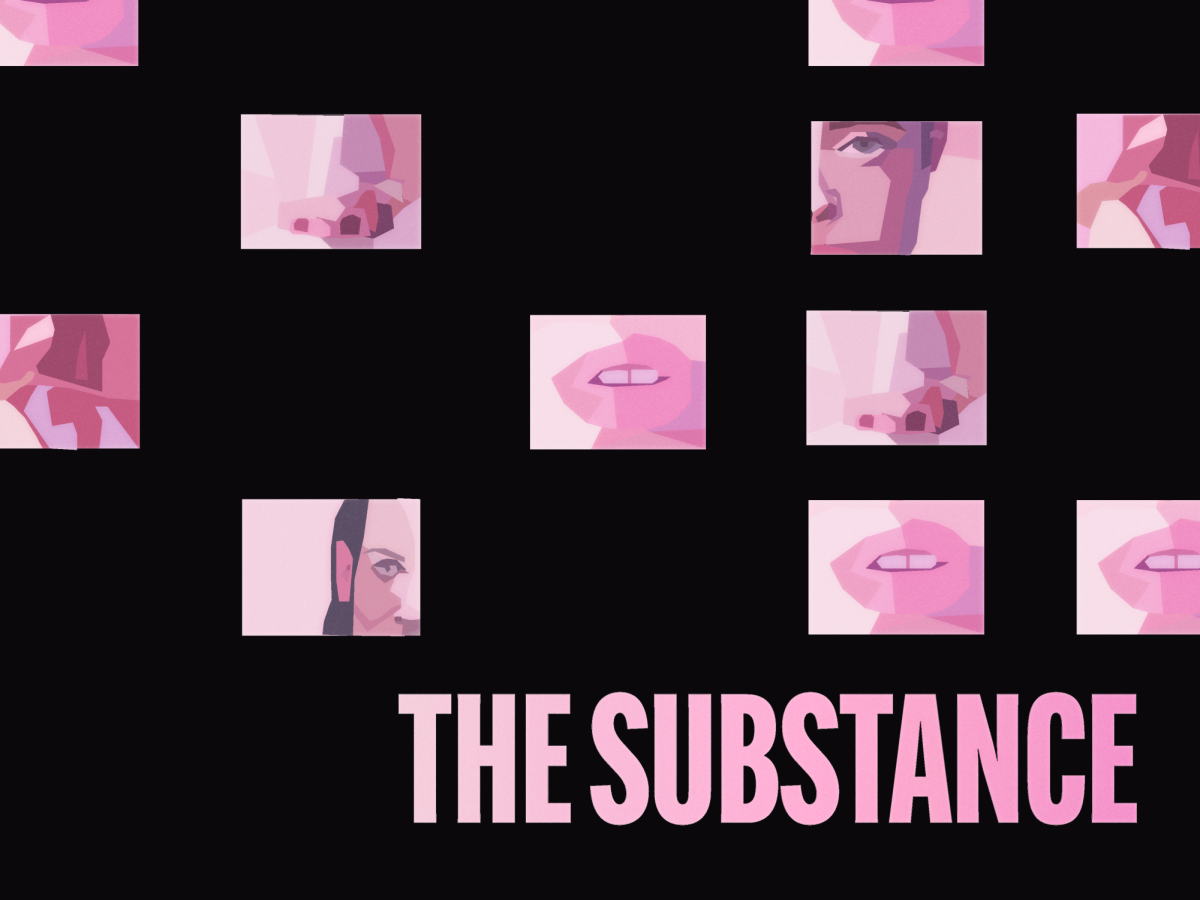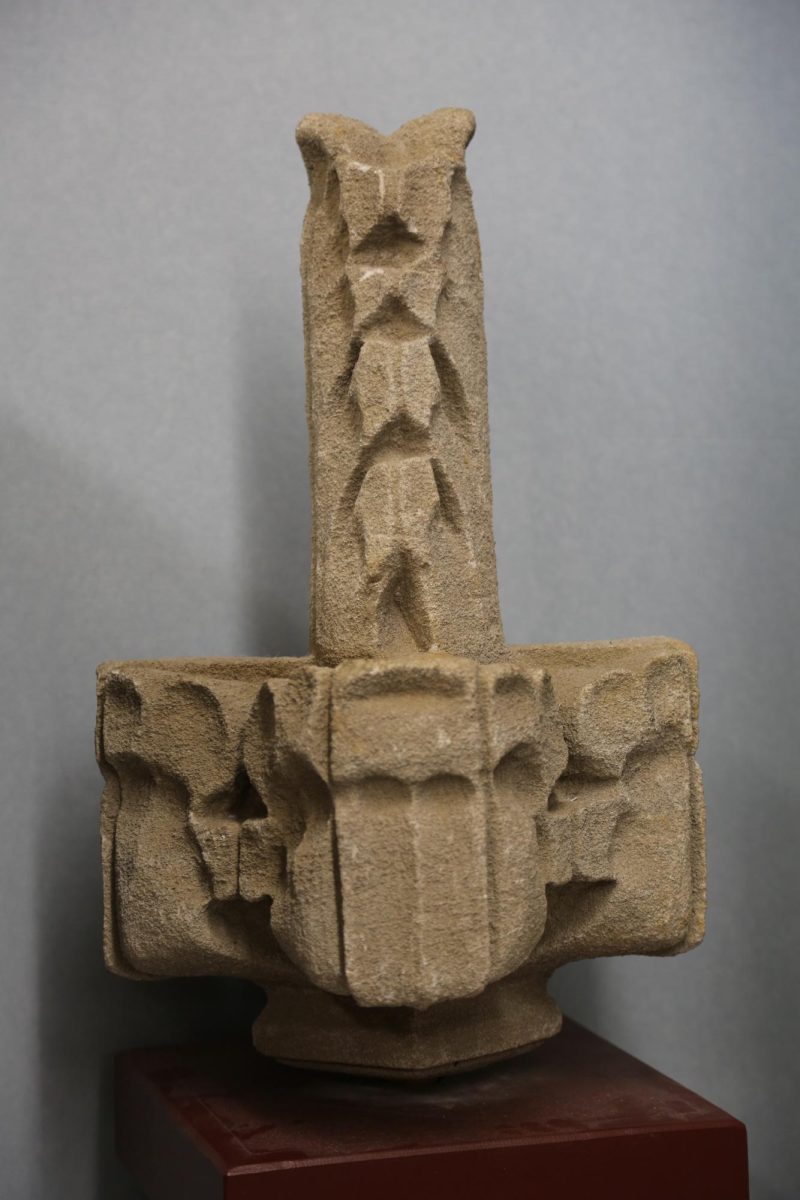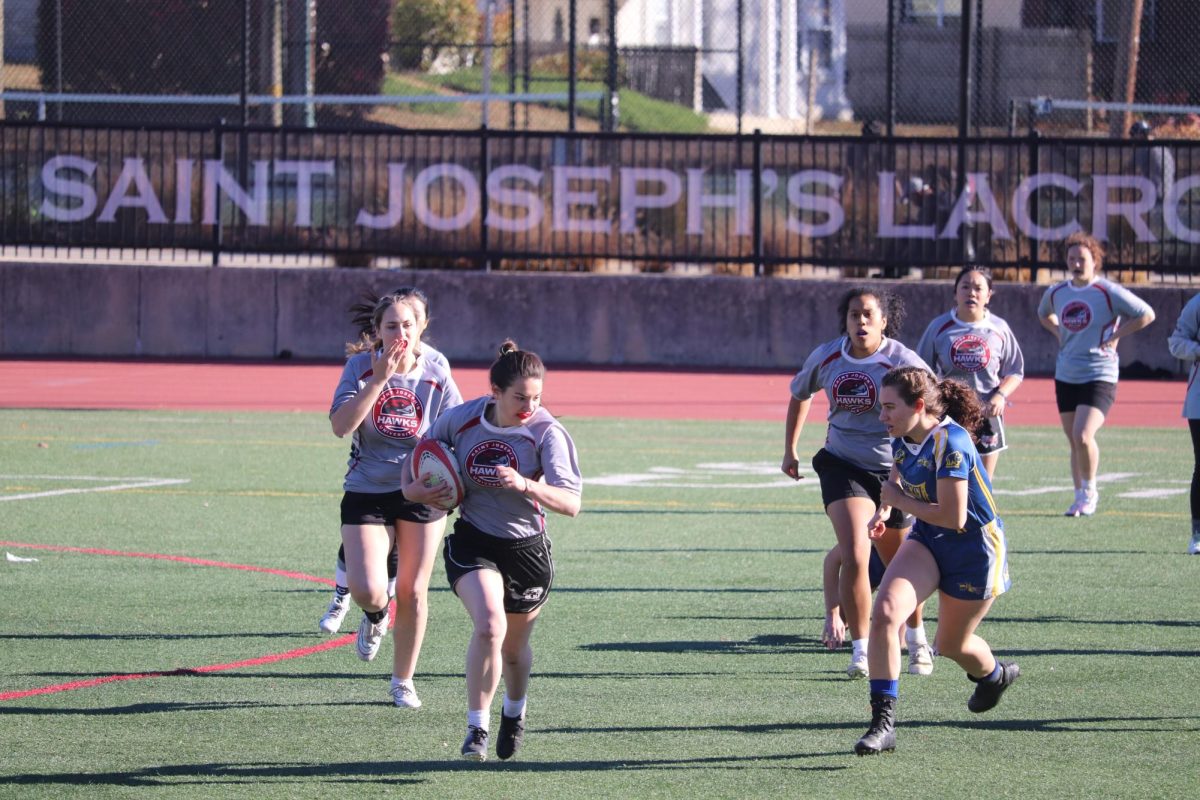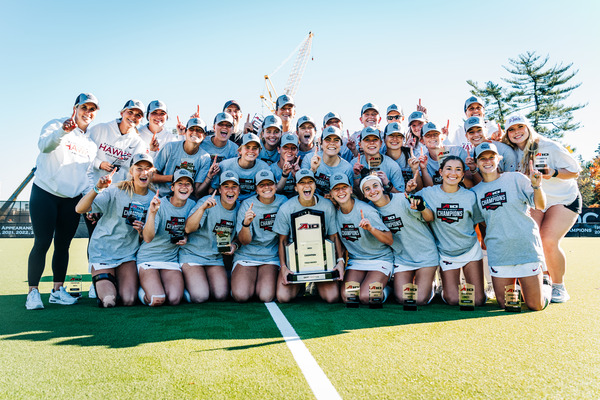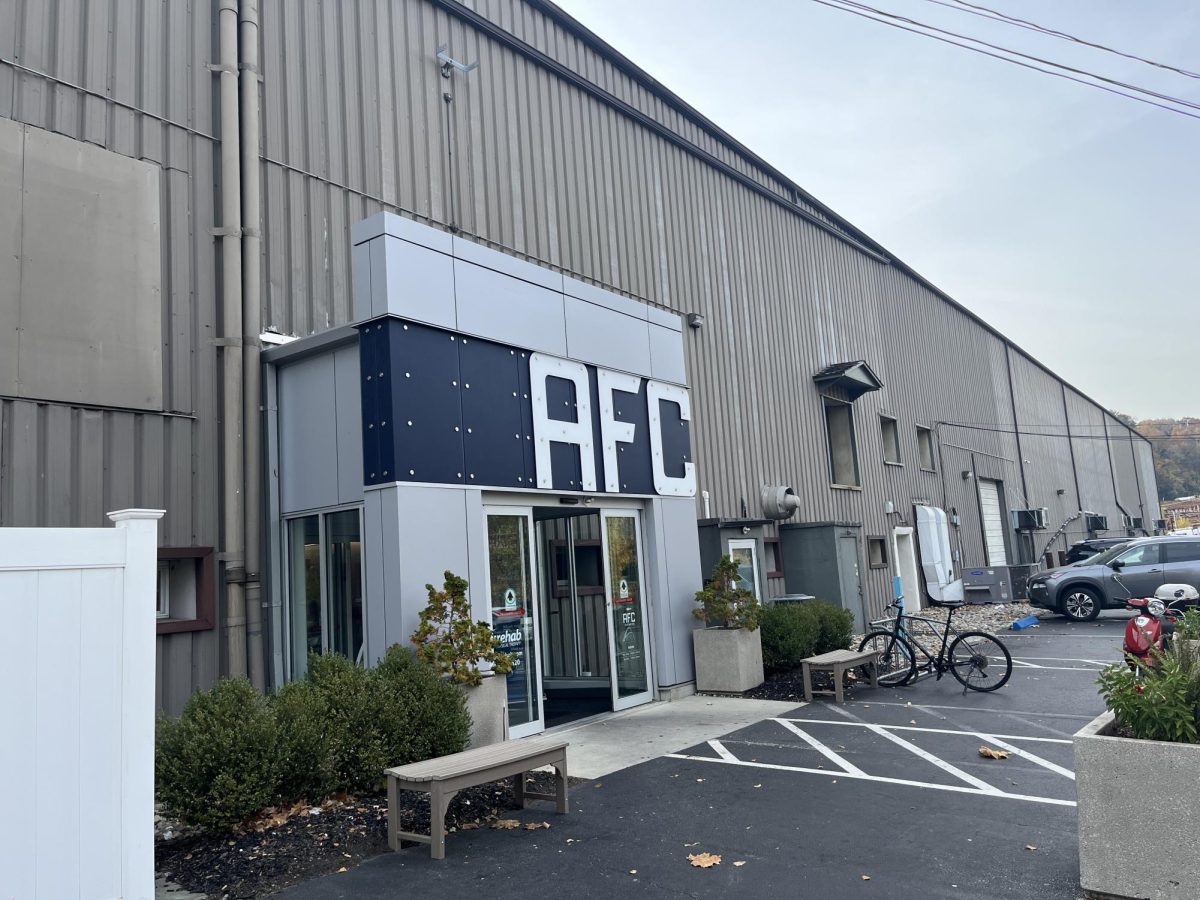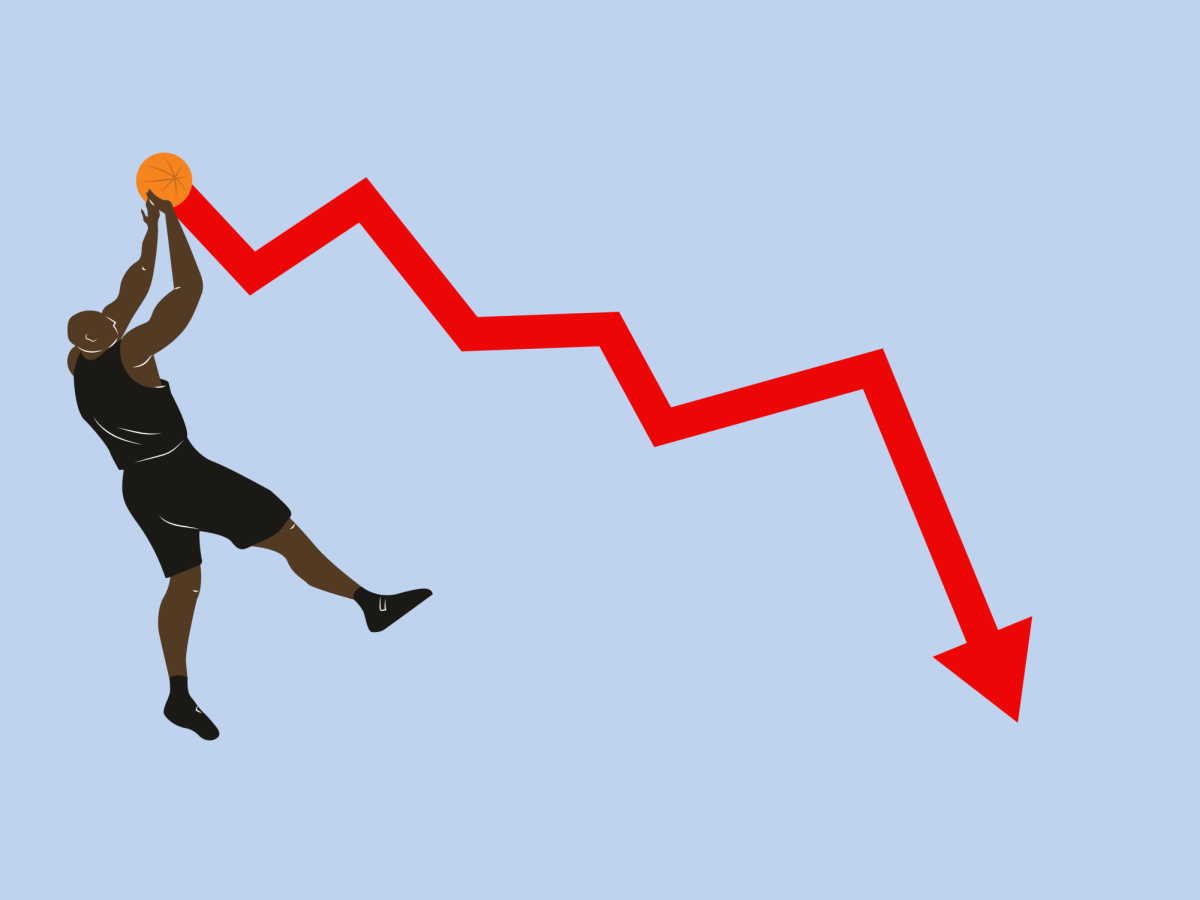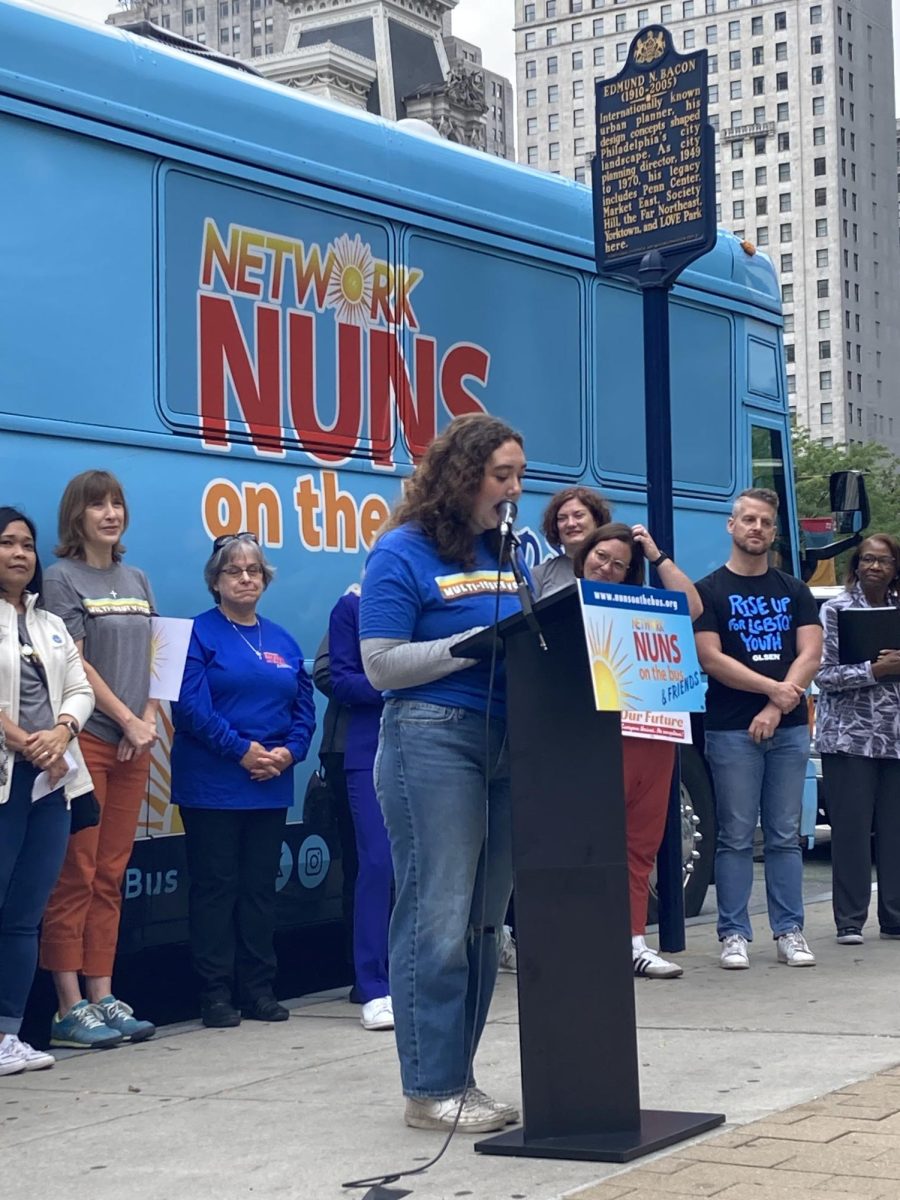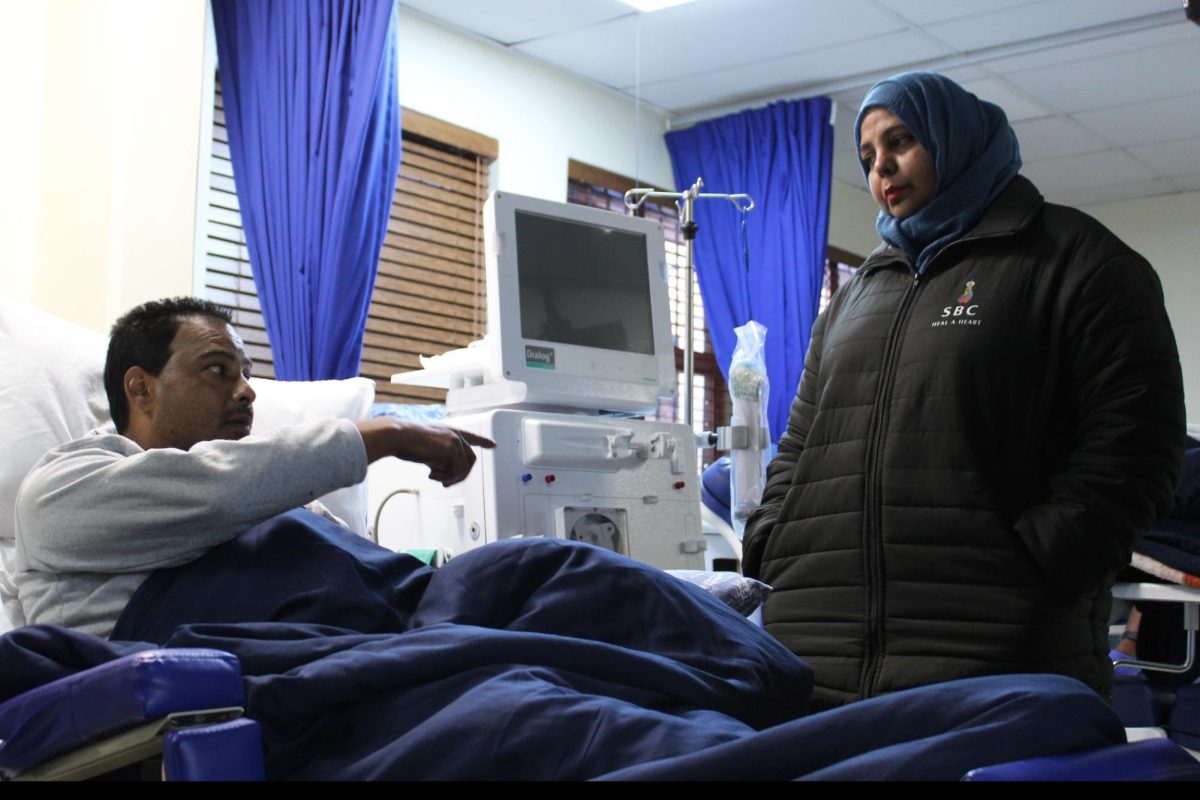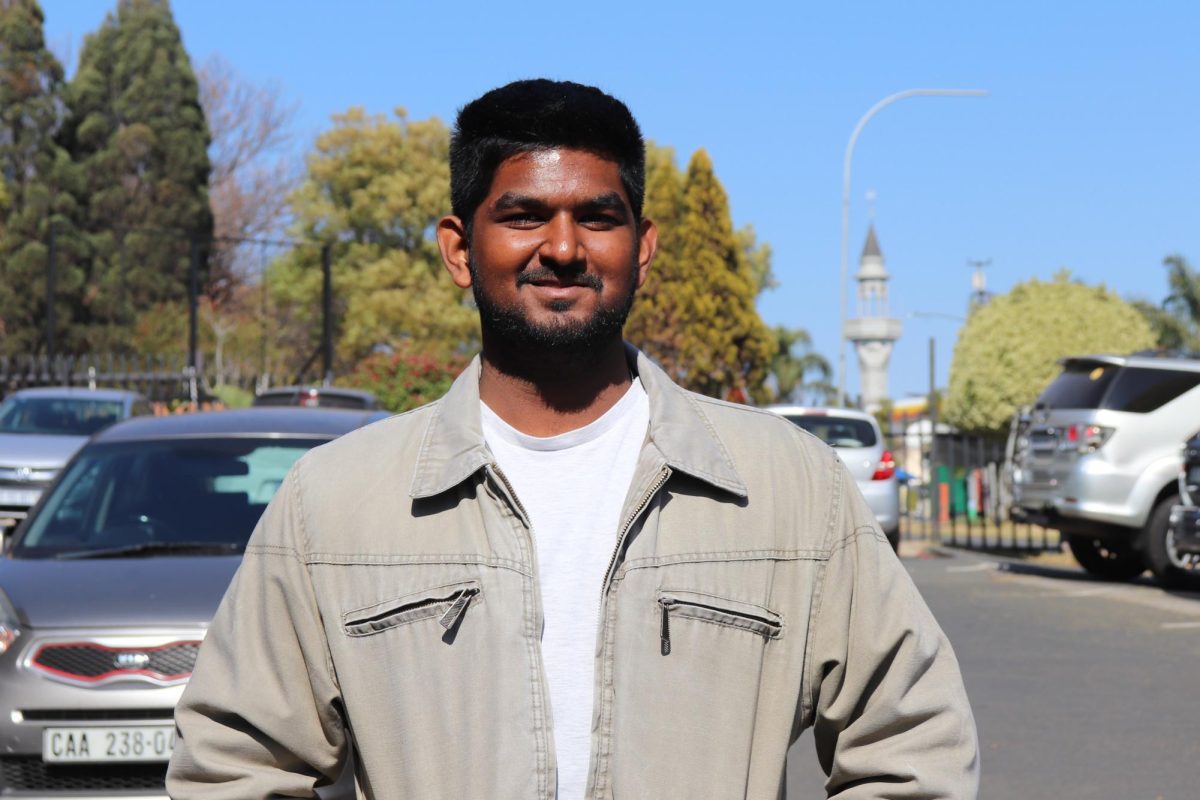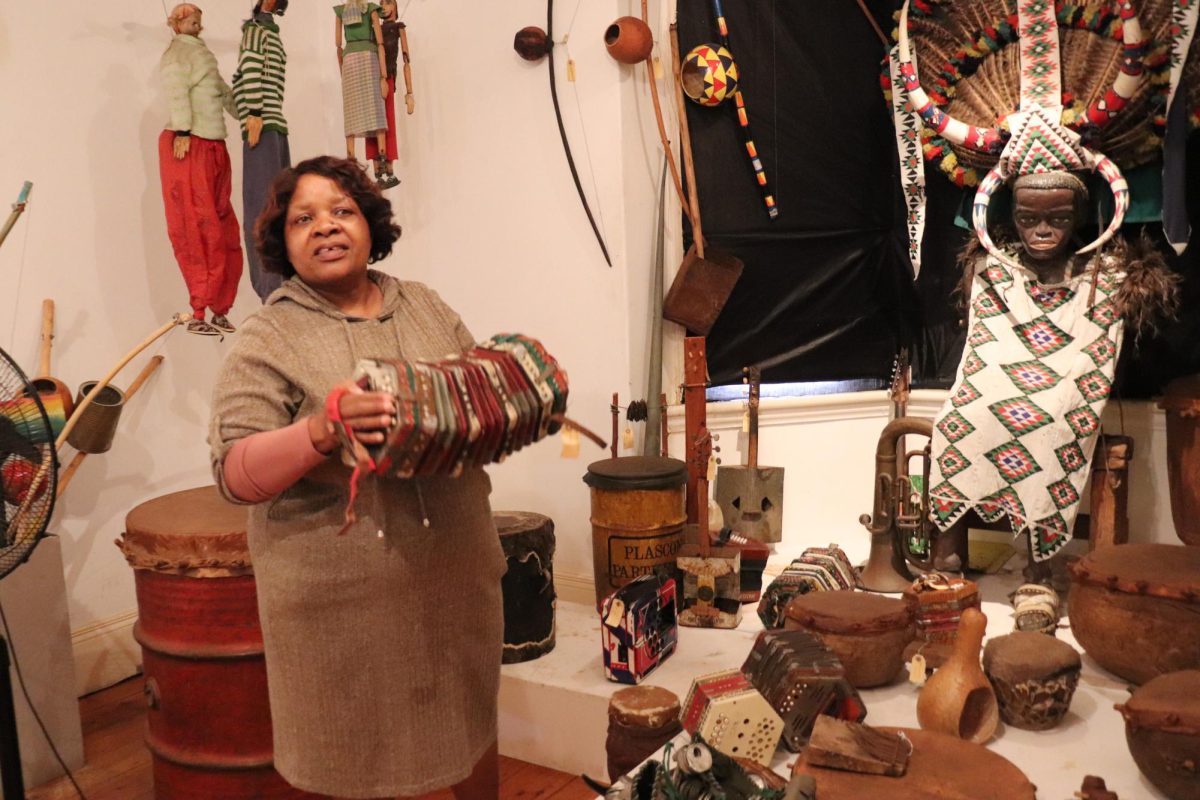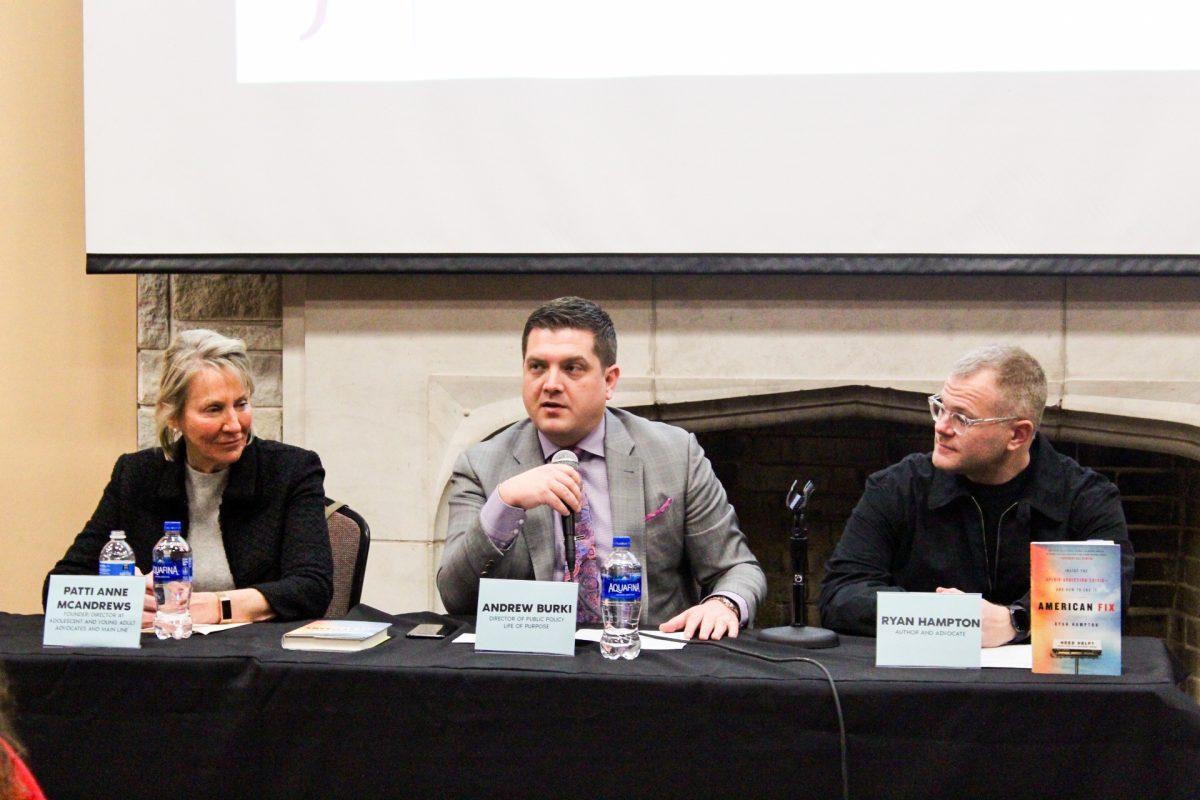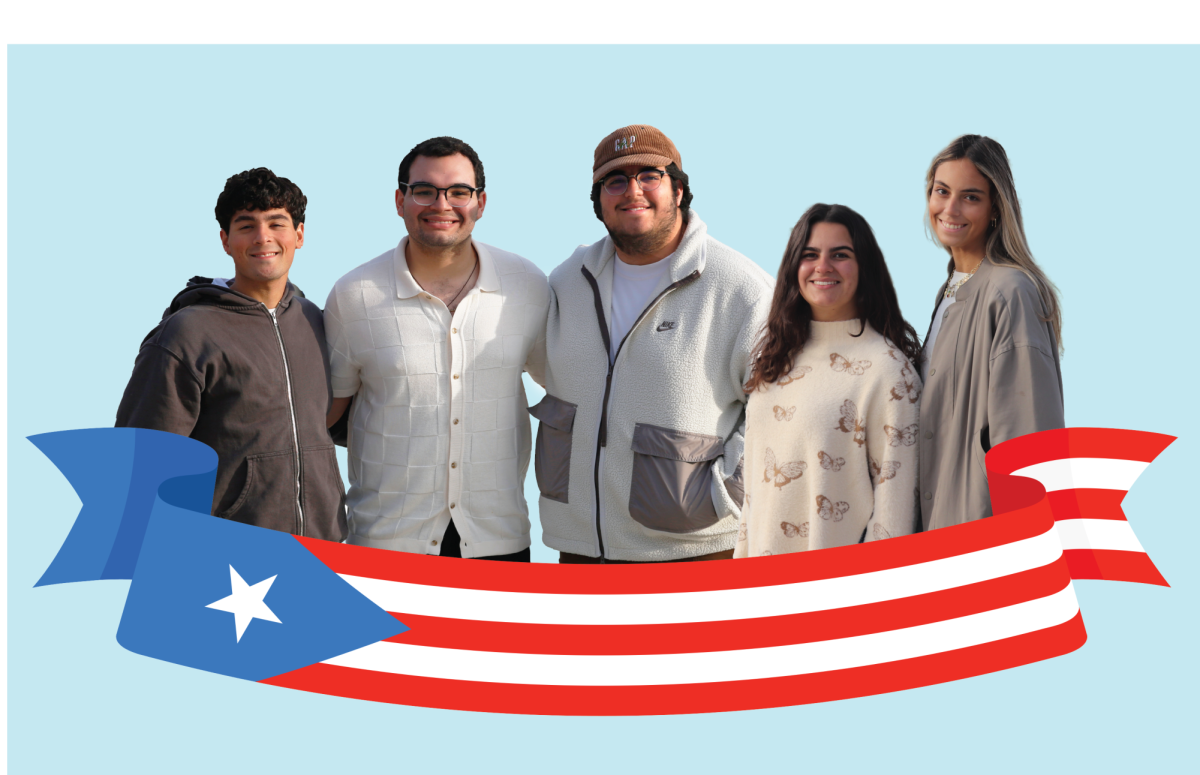Panel discusses American opioid crisis
National substance use disorder recovery advocate Ryan Hampton reminded attendees at a panel discussion about the opioid epidemic that college students are heavily impacted by the crisis.
Many students are either struggling them- selves or know friends who are struggling with substance use disorder, Hampton said.
Speaking at an event co-hosted by Well- ness, Alcohol & Drug Awareness (WADE) Program and Life of Purpose Treatment Centers in Campion North Lounge on Feb. 11, Hampton promoted his book “American Fix: Inside the Opioid Addiction Crisis—and How to End It.”
“The biggest issue that we have is combating the societal shame, the stigma, the barriers that have been put up,” Hampton said. “People don’t see us as equals. People don’t see us as voters. People don’t see us as this constituency of consequence that actually really matters.”
Hampton, who said he is four years in recovery, wrote his book because he wanted people to realize that every person can do something to help end the opioid crisis.
“I am hoping the takeaway is action, the ability to get involved and get your voice heard,” Hampton said. “In my experience, what I’ve learned is that most of the people that are making decisions for us when it comes to ending the crisis really have no idea what they are doing, and it requires that lived experience. It requires community input. Sometimes, it requires a little bit of outrage.”
Other panelists at the event included Andrew Burki, director and founder of Life of Purpose Treatment Centers, Patti Anne McAndrews, founder and director of Adolescents and Young Adult Advocates & Main Line Addiction Specialist and Sarah Lathrop ’19, a member of The Flock, a student organization that raises awareness on substance use disorder and students in recovery.
Burki said it is important to destigmatize substance use disorder and recovery care in- frastructures at the collegiate level.
“Getting someone to St. Joe’s that has a substance abuse disorder and is in recovery, and then they’re able to be supported over their collegiate experience, and then they’re able to enter the professional world,” Burki said. “That’s how you really reduce stigma.”
Lathrop, a student in recovery, said she is passionate about advocacy for substance use disorder and recovery.
“It’s showing from St. Joe’s that we’re not ignoring what’s happening on campus,” Lathrop said. “Even just acknowledging that we’re here and there might be some students in recovery.”
McAndrews, who works with teens and young adults to provide treatment to those in recovery, said removing stigma contributes to the recovery process.
“Addiction is treated according to whoever’s in front of you’s mood or their tem
perament and their history with someone with substance use disorder,” McAndrews said. “The reality is the person in front of you is making the judgment.”
Caroline Stefan ’22 said she was interested in Hampton’s story because it reminded her of a personal connection to the opioid crisis.
“I had a cousin who suffered from an overdose and passed away, so I was interested to see someone [Hampton] who dealt with it and came out alive,” Stefan said. “Just to hear his story and what he thinks could change.”
Katie Bean, assistant director of Stu-dent Outreach and Support, said she is hopeful that the panel will contribute to meaningful conversations about substance use disorder on campus.
“We’re not going to change the world with a panel, but can we open up and have some dialogue and get people to realize that this is important,” Bean said. “There’s people out there probably right around them who they could support, who need that support.”
Hampton said he hopes his book generates conversations that lead to concrete steps to ending the opioid crisis.
“Not only do the discussions need to be happening within the college community, [but] the infrastructure needs to be set up in a way to support people who have these health problems,” Hampton said. “Most importantly there needs to be a cultural competence around how we deal with people who have substance use disorder.”
Paige Santiago ’19 contributed to this story.

